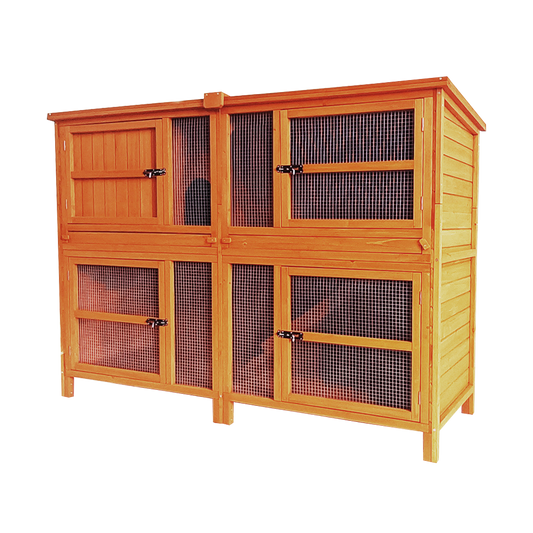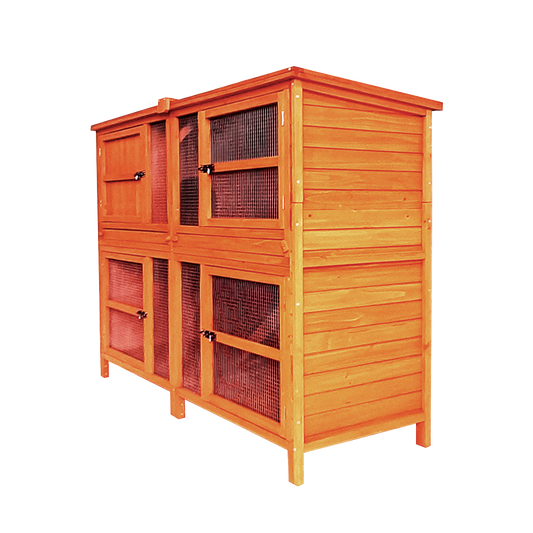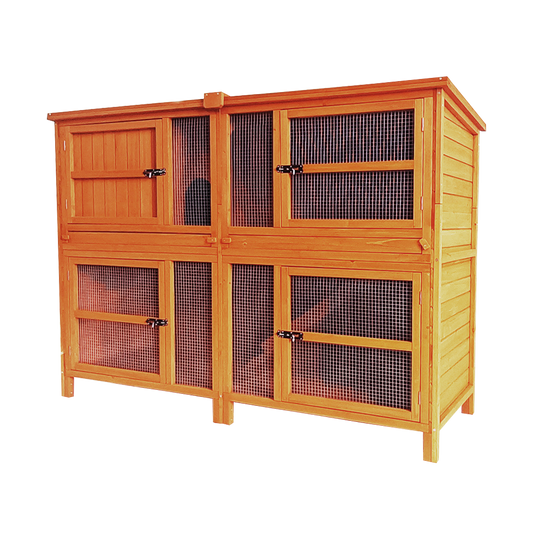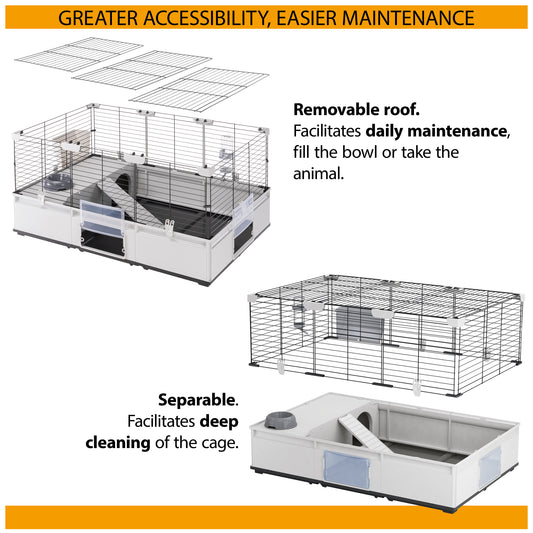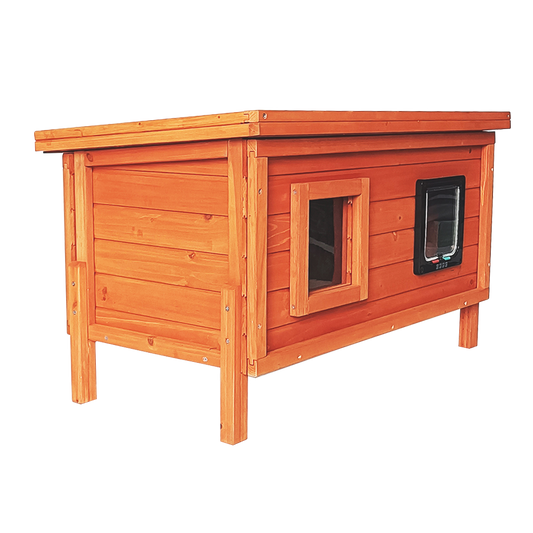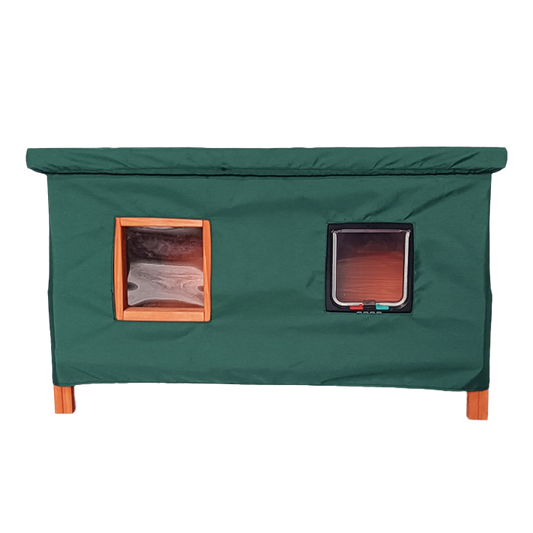One of the less attractive aspects of dog ownership is dealing with waste, but it is an important part of being a responsible pet owner and you should be aware of what you can and can’t do with dog poo.
The law in the UK
Failing to clear up after a dog in a public place can result in an owner being issued with a fixed penalty notice of up to £100, which could potentially increase to £1,000 if the case goes to court. The law states that being unaware that your dog has fouled, or not having anything with you to clean up after your dog, is not a reasonable excuse.
You should never leave poo bags on the ground or hanging from trees or fences as this is classed as littering and you could incur a fine.
Picking up
The simplest way to pick up after your dog is with a poo bag that you put your hand in, pick up the poo and then turn the bag inside out with your other hand before knotting it to secure. This way your hands will not come into contact with the faeces and it can be disposed of cleanly and safely.
There are lots of different varieties of biodegradable and compostable poo bags on the market today which offer a greener solution when compared to the more traditional plastic bags. There are lots of different storage solutions for bags too, including holders that clip on to your dog’s lead or harness, so you’ll never be caught short.
If you struggle to bend or don’t want to get too close to your dog’s waste, there are long-handled pooper scoopers you can buy to make the job easier.
Dog poo bins
Some councils provide dedicated dog waste bins in popular dog-walking areas that can take dog poo that has been bagged but you can legally dispose of dog waste in any public litter bin, as long as it is securely bagged. This also applies to your wheelie bin at home.
Do not flush
Water companies do not recommend flushing dog faeces down the toilet because certain parasites can survive the water processing treatment and are potentially harmful to humans. You should also never consider flushing dog poo that has been bagged down the toilet as the bags will not break down and instead create severe blockages in the sewage system.
In the woods
The Forestry Commission promotes a ‘stick and flick’ method for dealing with waste in the woods. This means finding a stick and using it to flick any poo from off the path so that it is out of the way of other walkers. You could also bury it as long as it is not in an area where there might be livestock.
Livestock
Parasites found in dog poo can be transmitted to livestock if they inadvertently eat infected faeces that has been left on grazing land. This could result in the death of sheep or abortion in cattle so you should always make sure you pick up your dog’s waste in fields where livestock could be present.
At home
Under section 82 of the Environmental Protection Act 1990, it is an offence not to clean up dog faeces from your garden on a regular basis and your neighbours could take legal action against you if it is causing odour or fly problems.
As your dog’s faeces can be disposed of in your normal household waste you can simply bag it up and pop it in your bin. If you are concerned about the amount of plastic bags being used, switch to biodegradable ones or use a sealed poo bin in your garden to fill up a bigger bag which you can empty every few days.
If you found this article interesting, why not check out:


